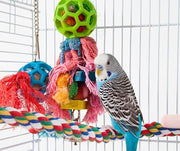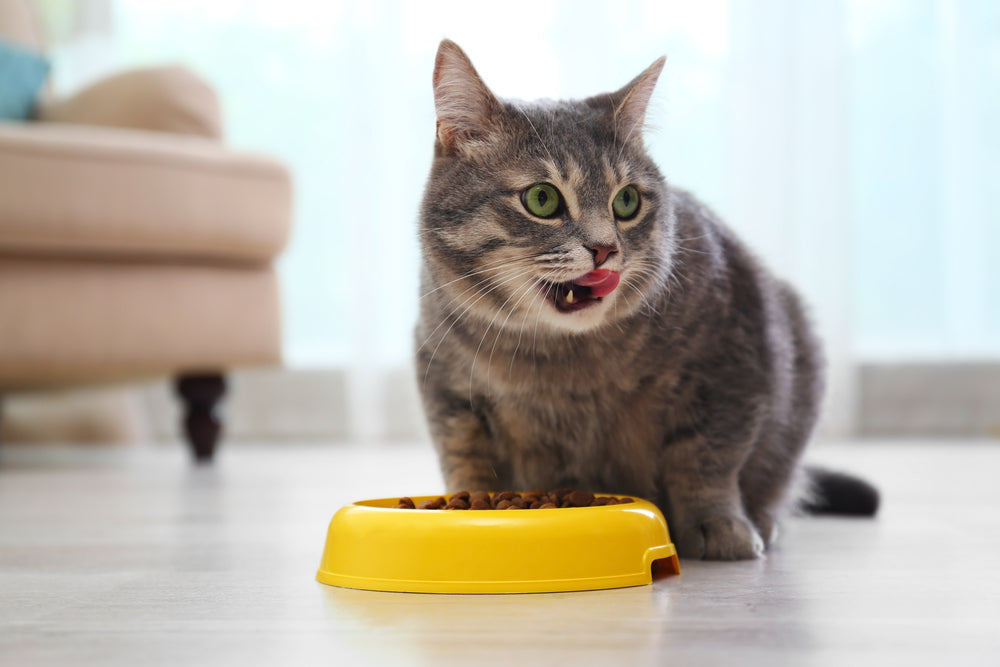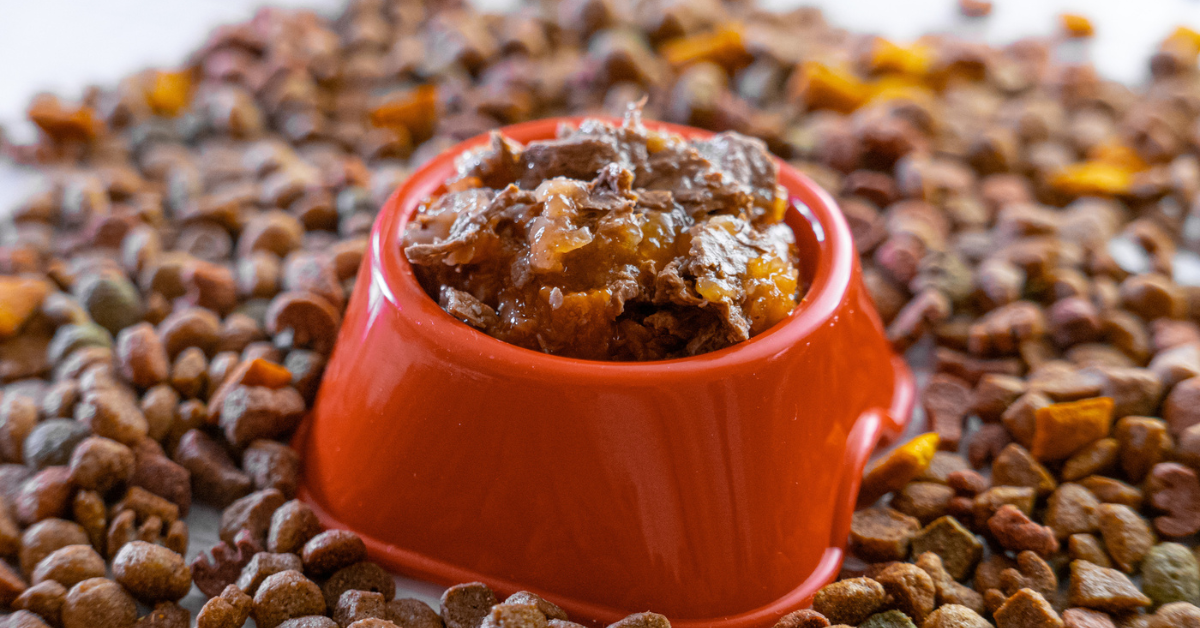Chicken Coop Housing Info

Why did the chicken cross the road? To get to the Petmate chicken coop. OK – sorry, we couldn’t help ourselves. But on a more serious note, do you own a chicken coop? Well, if you don’t already – you should. For the hobby farmer, chicken coops are a must-have! Yes, fresh eggs with a higher nutrient content, insect control, free fertilizer, easy care and less household food waste. Oh, and let’s not forget the fact that chickens are gentle and can make great pets for children! Keeping backyard hens is truly the gift that keeps on giving.
“The United States alone consumes 8 billion chickens a year, and around 250 eggs per capita. There are approximately 280 million laying hens producing 50 billion eggs in the U.S. each year.”1
What You Should Know
Whether you’re a novice or a farming pro, there are important factors that you need to consider before cultivating your chicken coop:
1. First, you must find out if your city allows backyard hens. While more than 93% of major cities do, it’s still important to check with your town concerning the rules and regulations for your area.
2. An important next step is to select the proper living environment for your flock.
When choosing the proper coop for your hens, here are some of the questions you should ask:
1. How many hens do I plan to keep?
If you want about a dozen eggs per week, you’ll need to plan to keep at least three chickens. Even if you want less, don’t plan to keep less than two chickens as they are social creatures who thrive within a flock.
2. What type of chickens do you plan to keep?
Some fancy breeds do not lay as often and as many eggs as a laying breed of hen. If you want the high-end hen in your coop, you’ll need to keep additional birds in order to get a dozen eggs per week.
3. How much space do my hens need?
- Adult laying hens should be provided a minimum of 8 square feet of coop and run space per bird.
- It’s important to provide a safe outdoor environment for your hens to roam.
- Hens need a secure house that includes nesting boxes and roosting bars.
– Nest boxes should be at least 10” X 10”. One box can be shared with up to 5 hens.
– Roost bars should provide 6”-10” of space per bird.
4. How do I protect my hens from predators?
- Predators come in all shapes and sizes. Any hole or gap can be an entry point.
- Your coop and run area should have no gaps larger than 1 inch. This includes the wire used. It’s important to use wire with small openings in all housing.
- Chickens should be “put up” at night to roost. Make sure the coop doors are closed and securely latched.
Petmate.com chicken coops feature:
- Nesting box with locking lid to provide security from predators
- Easy close coop door
- Hinged roof or tri-fold roof to provide easy access
- Removable pan and double door (select models) allow for easy cleaning
- Oversized run that securely attaches to the Chicken Fort model
- Multiple roosting bars in every coop
- Models available for up to 8 chickens
Sources:
- “Poultry Care & Advice”
Previous article

Next article

Related posts
View all-

Wet Vs. Dry Cat Food: Which is Better?
As a caring cat owner, you always want the best for your furry friend, especially with their food. You typically have two choices: dry cat food in a bag or canned wet food. Whether you've just brought home a new kitty or are looking to transition to a new food, the decision process can be overwhelming, and understanding the impact of each on your cat's diet is essential. Read Article -

Celebrate National Pet Week: Fun Ideas to Celebrate with Your Pet
National Pet Week is right around the corner, so it's time to plan how you're going to celebrate! While we're sure you celebrate your pet all day every day... Read Article -

5 Simple Tips to Make Sure Your Cat Drinks Enough Water
Ensuring your cat stays hydrated is important, but it can be challenging since many cats don't drink enough water. Dehydration can lead to kidney disease and other health issues. Fortunately, you can encourage your cat to drink more with a few simple changes. Read Article



